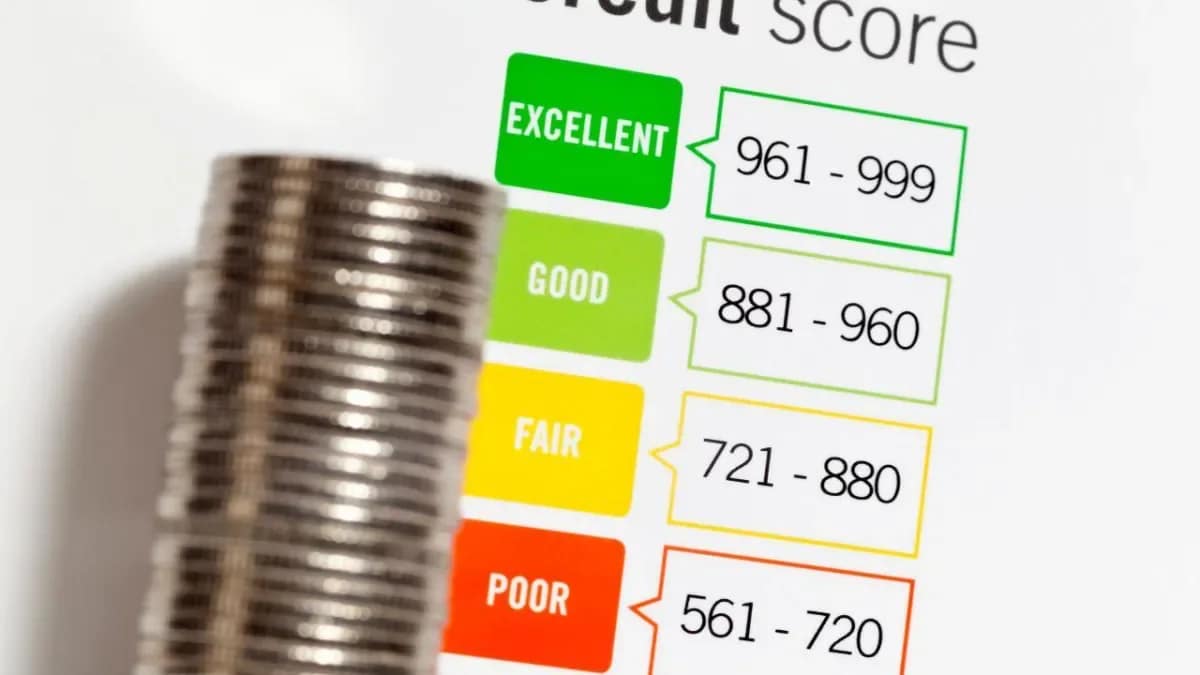
If you're gearing up to buy a home, understanding your credit score is paramount. Your credit score plays a pivotal role in determining your eligibility for a mortgage and can significantly impact the interest rate you secure. Here's what you need to know about credit scores before diving into the homebuying process.

The Significance of Credit Scores
Lenders scrutinize your credit score to assess your creditworthiness and financial responsibility. A strong credit history signals to lenders that you're likely to repay your debts reliably. Moreover, your credit score directly influences the mortgage rates available to you, ultimately affecting the affordability of your home purchase.

Understanding Credit Score Ranges
Credit scores typically range from 300 to 850, with higher scores indicating better creditworthiness. While a credit score of 740 or above is generally considered excellent, it's not a prerequisite for securing a mortgage. You can still qualify for a home loan with a lower credit score, albeit potentially at a slightly higher interest rate.

Individualized Lending Criteria
It's essential to recognize that each lender has its own set of lending criteria and risk tolerance levels. While many lenders rely on FICO Scores to inform their lending decisions, there's no universal cutoff score. Factors beyond credit scores, such as income, employment history, and debt-to-income ratio, also influence lenders' assessments of borrowers.

Strategies for Credit Improvement
If you're looking to bolster your credit score, focusing on specific areas can help enhance your creditworthiness:
1. Payment History:
Timely payments are crucial for maintaining a positive credit profile. Consistently paying bills on time and promptly addressing any late payments can bolster your credit score.
2. Debt Management:
Keeping your credit utilization ratio low by minimizing the amount of credit you're using relative to your available credit limits—can positively impact your credit score.
3. Credit Inquiries:
Avoid applying for new credit shortly before or during the homebuying process. Each credit application triggers a hard inquiry, which can temporarily lower your credit score.





